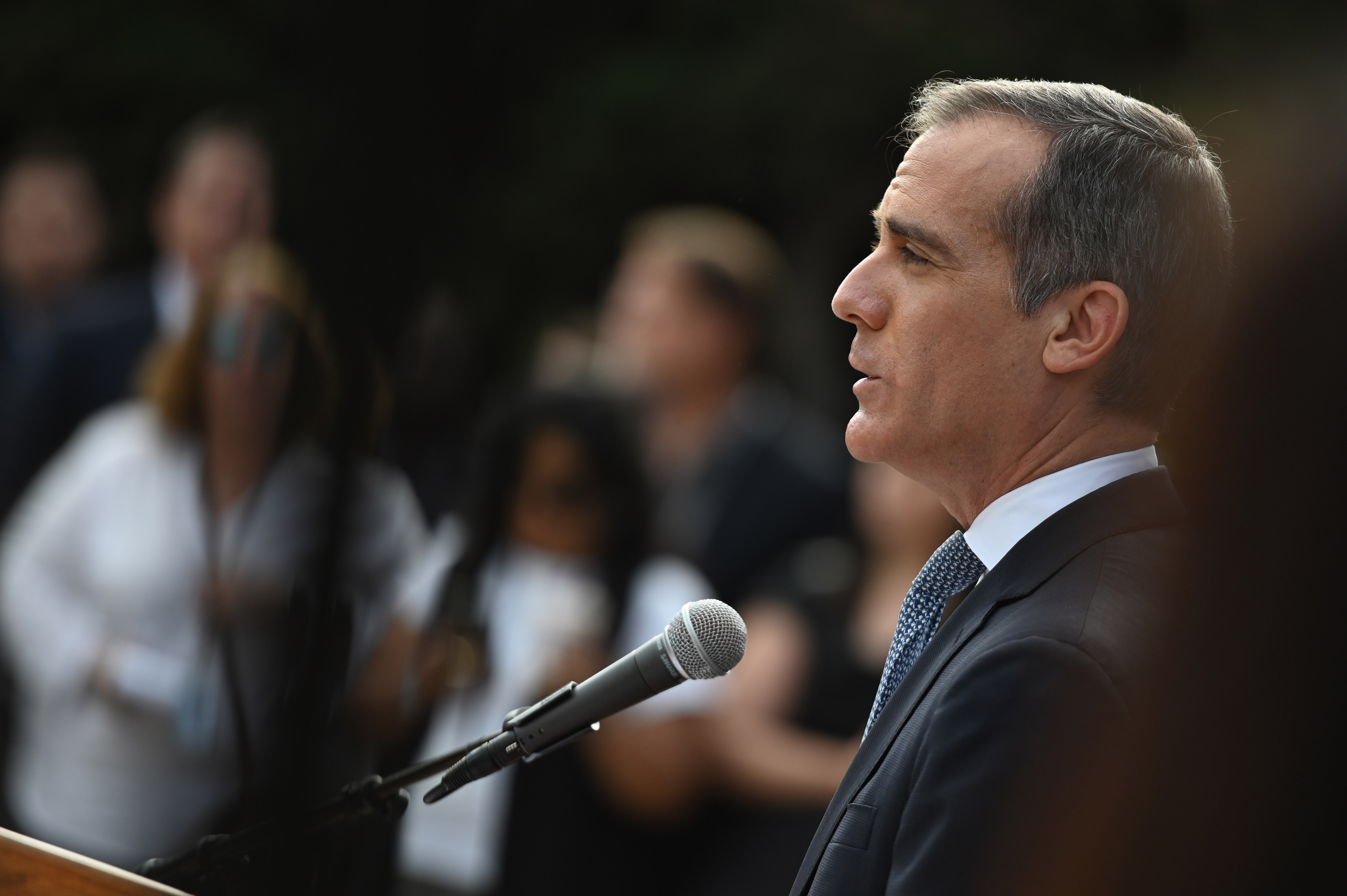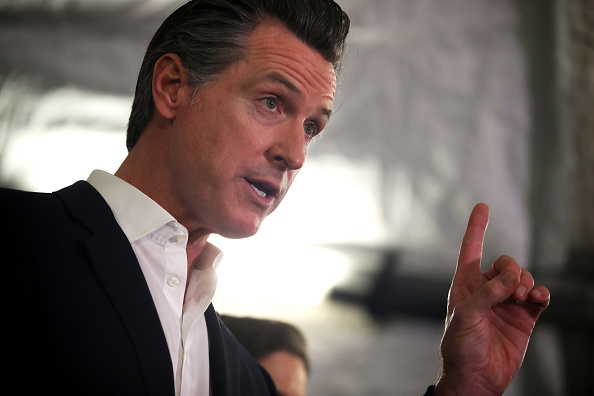What to Know
- California Gov. Gavin Newsom issued a statewide stay at home order March 19 to prevent the spread of COVID-19
- The order includes several exemptions for residents and businesses
- Misdemeanor penalties apply but the governor said social pressure will go a long way toward enforcing the order
California Gov. Gavin Newsom has ordered 40 million California residents to stay at home as the nation's most populous state takes increasingly urgent steps to stop the spread of the novel coronavirus.
Click here to read the order's full text.
About half the state’s residents were under similar local and county orders when Newsom announced the order March 19 as California braces for more illnesses and mobilizes medical resources to care for patients. The order, enforced primarily through what the governor called social pressure, restricts non-essential movements.
Here’s what to know.
What’s Required of Californians?
All Californians must stay at home, but there are exceptions, such as essential activities like getting food, prescriptions and health care, care for a friend or relative, walking the dog and taking outdoor exercise such as walking, running or hiking. When people do go out, they should practice social distancing to prevent the spread of the virus and not gather in large groups.
What's Required of Businesses?
Most businesses and business venues such as indoor malls will be closed to the public. They include dine-in restaurants; bars, nightclubs and other entertainment places where people gather, along with gyms and fitness studios. Convention centers and public events are also out of bounds.
What’s Still Open?
Businesses that provide essential services will remain open. They include the following.
- Gas stations
- Grocery stores
- Farmers markets
- Food banks
- Convenience stores
- Pharmacies and other health care providers
- News outlets
- Banks
- Landromats
What About Restaurants?
Restaurants can still provide take-out food and make deliveries.
Exempted Services
Businesses involved in construction and "essential infrastructure" such as plumbers, electricians, gas stations, auto repair shops and hardware stores also are exempt. Public transportation and utilities will continue to provide service.
Enforcement
Misdemeanor penalties apply but the governor said he hopes law enforcement won't need to enforce the order and believes social pressure will encourage people to "do the right thing."
How Long Will This Last?
Until further notice, according to the order. The governor didn't give a prediction but said he doesn't expect it to extend for "many, many months."



